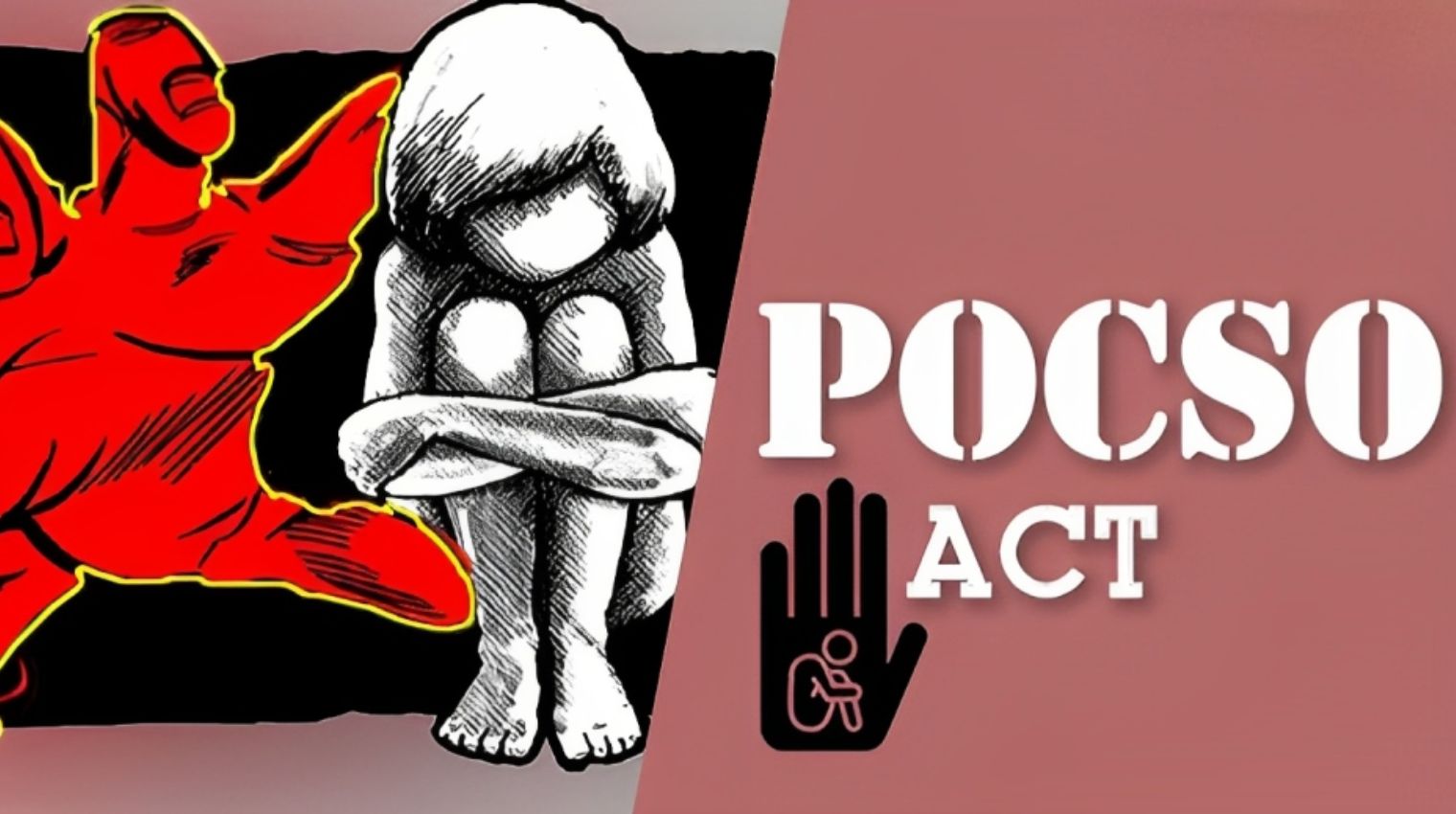In today’s society, safeguarding children from sexual offenses is a critical issue. The Protection of Children from Sexual Offences (POCSO) Act, established in 2012 by the Indian government, serves as a crucial legal structure designed to protect the safety and welfare of minors. This piece explores the importance, regulations, and effects of the POCSO Act in preserving the innocence of children.
Understanding POCSO Act:
The POCSO Act was established to combat the concerning increase in crimes targeting children, particularly sexual offenses. It categorizes different types of sexual abuse, such as penetrative and non-penetrative acts, along with sexual harassment and child pornography. In addition to defining these offenses, the Act also specifies severe penalties for offenders, with a focus on safeguarding the child’s welfare.
Key Provisions:
Definition of Offenses: The POCSO Act classifies various forms of sexual abuse against children and explicitly outlines offenses such as sexual assault, aggravated penetrative sexual assault, and sexual harassment.
Child-Friendly Procedures: The Act mandates the implementation of child-friendly procedures for reporting, documenting, and conducting trials for these offenses. This ensures that the legal process does not cause further trauma to the child.
Special Courts: The Act also establishes special courts dedicated to expediting the trial of cases under the POCSO Act. These courts aim to provide swift justice and minimize the emotional distress experienced by the victims.
Protection of Identity: The POCSO Act places significant emphasis on safeguarding the child’s identity throughout the legal proceedings. It ensures confidentiality to shield them from social stigma and additional harm.
Rehabilitation and Support: The Act gives priority to the rehabilitation and support of victims. It includes provisions for the establishment of designated agencies that assist in their recovery and successful reintegration into society.
Impact and Challenges:
Since its inception, the POCSO Act has made significant progress in combating child sexual abuse in India. It has promoted a victim-centered approach, empowering survivors to seek justice. The establishment of special courts has accelerated trial processes, resulting in increased conviction rates in such cases. However, challenges remain in the efficient enforcement of the Act. Issues like underreporting due to societal taboos, lack of awareness about legal provisions, and trial delays present obstacles to fully achieving the Act’s goals. Moreover, there is a necessity for improved coordination among different stakeholders, including law enforcement, the judiciary, and civil society organizations, to provide comprehensive support for victims and ensure effective prosecution of perpetrators.
Conclusion:
The POCSO Act serves as a guiding light in the battle against child sexual abuse, providing a thorough legal structure to protect the purity and welfare of minors. Despite potential obstacles in its execution, united endeavors from all parties are crucial to guarantee that the Act fulfills its primary goal of delivering justice and security to at-risk children. It is our shared duty as a community to establish a secure and supportive atmosphere where each child can flourish free from the threat of exploitation or danger.

